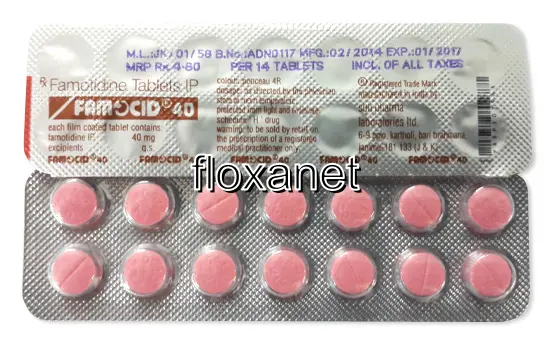| Package | Dosage | Price | Price per Dose | |
|---|---|---|---|---|
| Dosage: 20mg | ||||
| 336 pill | 20mg | CAD210.19 | CAD0.62 | |
| 224 pill | 20mg | CAD178.00 | CAD0.80 | |
| 168 pill | 20mg | CAD159.06 | CAD0.95 | |
| 112 pill | 20mg | CAD128.76 | CAD1.16 | |
| 84 pill | 20mg | CAD104.14 | CAD1.23 | |
| 56 pill | 20mg | CAD75.73 | CAD1.34 | |
| 28 pill | 20mg | CAD43.54 | CAD1.53 | |
| Dosage: 40mg | ||||
| 336 pill | 40mg | CAD242.39 | CAD0.72 | |
| 224 pill | 40mg | CAD191.26 | CAD0.85 | |
| 168 pill | 40mg | CAD159.06 | CAD0.95 | |
| 112 pill | 40mg | CAD123.08 | CAD1.10 | |
| 84 pill | 40mg | CAD94.67 | CAD1.14 | |
| 56 pill | 40mg | CAD73.84 | CAD1.31 | |
| 28 pill | 40mg | CAD39.75 | CAD1.40 | |

Famotidine Description
About Famotidine
Famotidine is a medication commonly used to treat conditions related to excessive stomach acid production. It belongs to a class of drugs known as H2 blockers, which work by reducing the amount of acid the stomach produces. This makes it effective against a variety of gastrointestinal issues, providing relief from symptoms like heartburn, indigestion, and stomach ulcers. Famotidine is available in various forms, including tablets, chewable tablets, and injectable solutions, making it versatile for different patient needs.
How It Works
Famotidine functions by blocking histamine H2 receptors located on the cells lining the stomach. Histamine is a chemical that stimulates acid secretion, especially during digestion. By inhibiting this process, famotidine lowers gastric acid levels, helping to prevent and heal ulcers and reduce acid reflux symptoms. The action of famotidine is generally fast, with many users experiencing symptom relief within a few hours of administration. Its duration of effect can last for up to 12 hours, which makes it suitable for once or twice daily dosing.
Benefits of Using Famotidine
One of the main advantages of famotidine is its effectiveness in treating a range of gastrointestinal conditions. It is often prescribed for the treatment of peptic ulcers, gastroesophageal reflux disease (GERD), and Zollinger-Ellison syndrome. Patients appreciate its rapid symptom relief and the ability to prevent acid-related discomfort. Famotidine tends to have fewer side effects compared to other acid reducers, and it is generally considered safe for long-term use under medical supervision. Additionally, it has a relatively low risk of drug interactions, making it suitable for patients with multiple medications.
Potential Side Effects and Precautions
While famotidine is well-tolerated by most individuals, some may experience side effects. Common issues include headaches, dizziness, diarrhea, or constipation. Serious side effects are rare but can include allergic reactions such as rash, itching, or swelling. It is important for users to inform their healthcare provider about any pre-existing conditions, especially kidney problems, since dosage adjustments may be necessary. Pregnant or breastfeeding women should consult their doctor before using famotidine to ensure safety.
Usage Tips and Recommendations
For optimal results, famotidine should be taken exactly as prescribed by a healthcare professional. It is usually recommended to take the medication before meals or at bedtime, depending on the condition being treated. Swallowing tablets whole with water is the standard method unless chewable tablets are prescribed. Patients should avoid taking over-the-counter antacids within 30 minutes of famotidine unless advised otherwise by their doctor, as timing can affect effectiveness. Maintaining a healthy diet and avoiding foods that trigger acid reflux can also improve treatment outcomes.
Final Considerations
Famotidine remains a trusted option for managing acid-related gastrointestinal issues. Its ability to effectively decrease stomach acid production makes it a valuable medication for many patients. Proper use, combined with medical guidance, can help prevent complications related to excess acid and promote healing of existing ulcers. As with any medication, adherence to prescribed doses and regular medical check-ups are essential to ensure safety and efficacy. If symptoms persist or worsen, consulting a healthcare professional is crucial to adjust the treatment plan accordingly.
